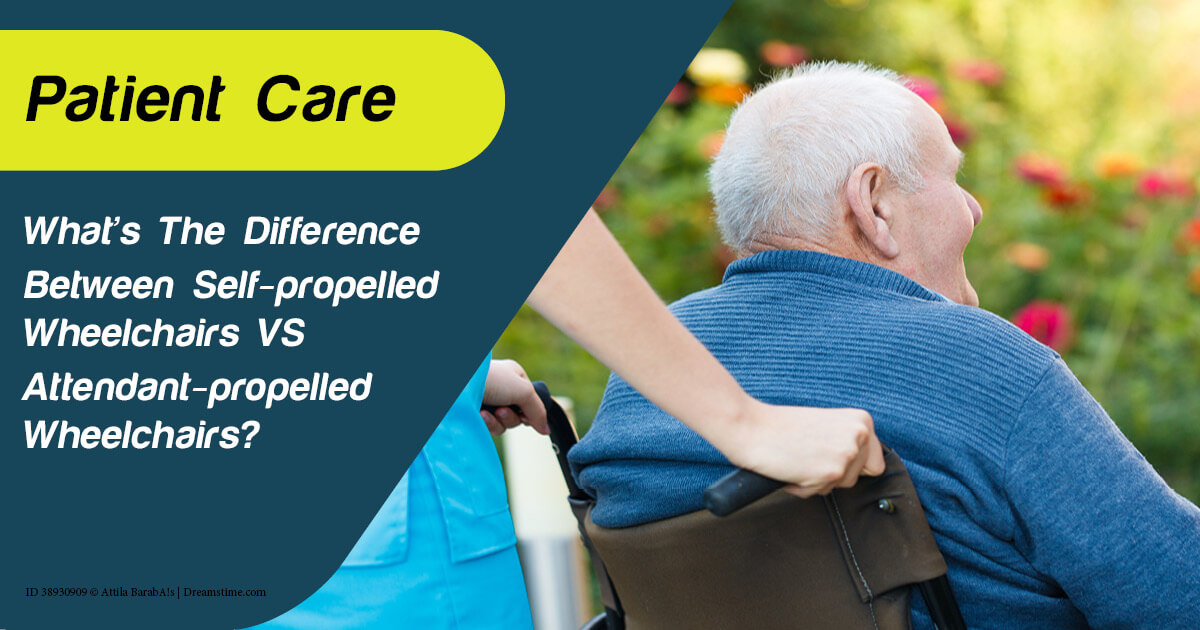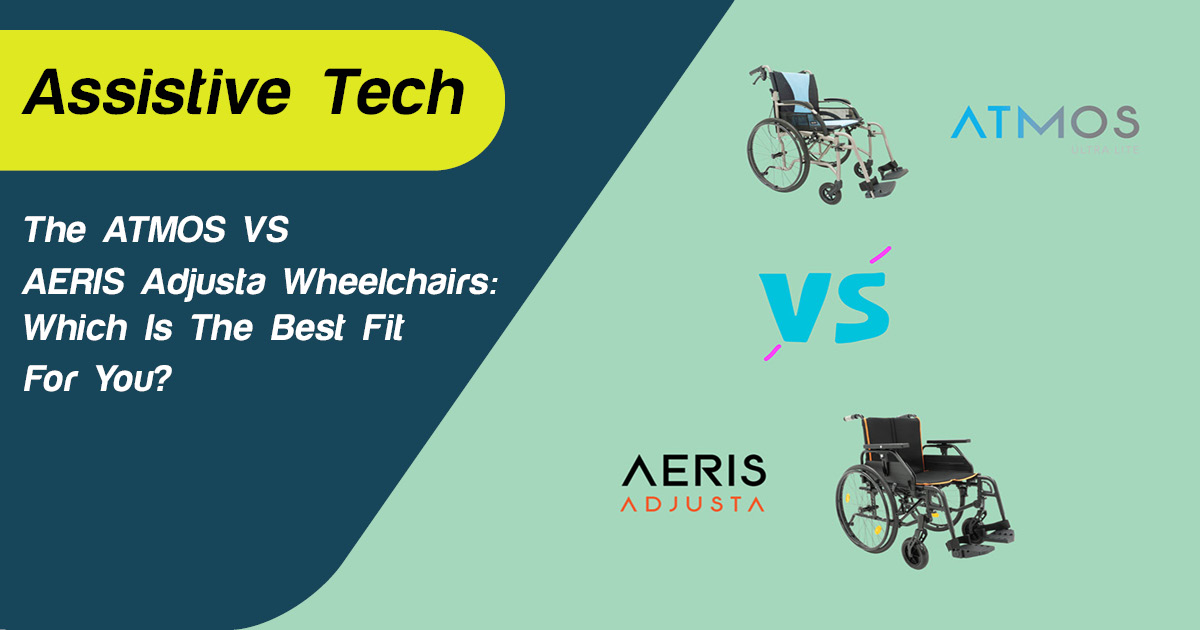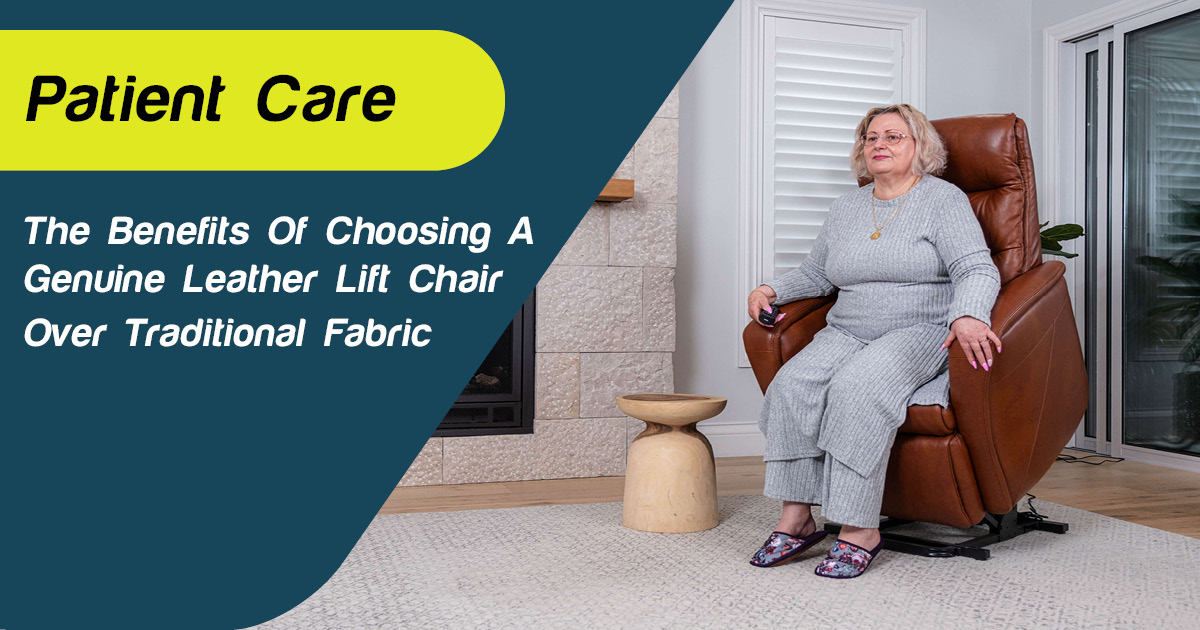
Share
Taking on the role of a carer for a family member is both noble and challenging. Whether it's due to age, disability, or chronic illness, providing care for a loved one can be a deeply rewarding experience, but it also comes with its own set of challenges.
At Active Mobility, we understand the importance of having the right tools and support to make this transition smoother. Here’s a comprehensive guide on what you may expect when becoming a carer for a family member in Australia.
The role and responsibilities of a carer
Becoming a carer means taking on various responsibilities ranging from daily personal care tasks like bathing and dressing to managing medications and coordinating medical appointments.
Recognising that your role can be physically and emotionally demanding, preparing yourself mentally is crucial. Understanding the specific needs of your family member is the first step; this may involve working closely with healthcare professionals to develop a care plan that outlines your daily duties and long-term goals.
Daily care activities
Daily care activities can vary depending on your family member. Common tasks include:
- Personal Hygiene: Assisting with bathing, grooming, and toileting.
- Mobility: Helping with walking, transferring from bed to chair, and using mobility aids.
- Feeding: Preparing meals, assisting with eating, and monitoring nutritional intake.
- Medications: Managing prescriptions, ensuring timely administration, and monitoring for side effects.
Navigating financial support

Photo 131817608 © Fizkes | Dreamstime.com
Australia offers several financial support options for carers. You may be eligible for Carer Payment, Carer Allowance, or other benefits. Researching these options and understanding the application process is essential to ensure you receive the support you're entitled to.
- Carer Payment: This is an income support payment for people who cannot work full-time because they provide constant care for someone with a disability, medical condition, or frail age. There are different kinds of payments available for single and partnered people.
- Carer Allowance: A supplementary fortnightly payment for carers who provide additional daily care and attention for someone with a disability, medical condition, or frail age.
Some states also offer specific programs and subsidies to help alleviate the financial challenges of caregiving. Contacting local government agencies and organisations like Carers Australia can provide detailed information about the financial assistance available to you.
Adapting your home environment
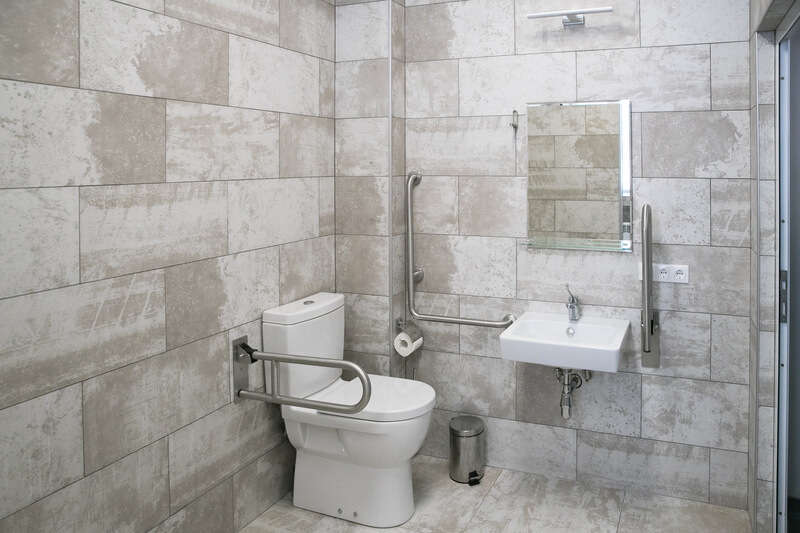
Photo 244720343 © Maria Lobakina | Dreamstime.com
Creating a safe and comfortable environment for your family member should be a top priority. This might involve modifying your home and installing ramps, grab rails or stairlifts. Our range includes essential items like mobility aids, bathroom safety products, and adjustable beds that can significantly enhance the quality of life for both the carer and the cared-for:
- Ramps and Railings: Installing ramps and railings can help with accessibility, especially for those using wheelchairs or walkers.
- Bathroom Safety: Adding grab bars, non-slip mats, and shower chairs can prevent falls and make bathroom activities safer.
- Adjustable Beds: These beds can be adjusted to various positions to provide comfort and assist with getting in and out of bed.
- Lifts and Hoists: Ceiling or floor hoists can help transfer individuals from bed to chair, reducing the physical strain on carers.
Prioritising self-care
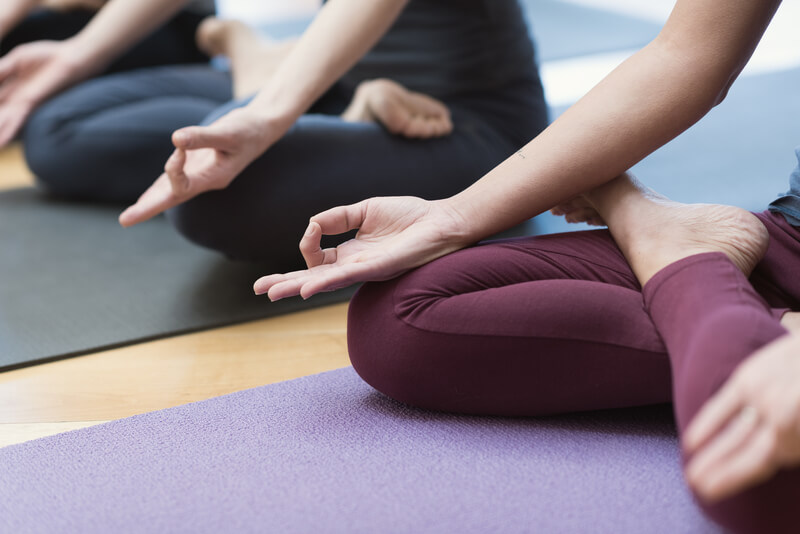
Photo 134188864 © Andrea De Martin | Dreamstime.com
While your primary focus will be on your family member, taking care of yourself is crucial, too. Caring for someone else can be physically and emotionally exhausting, so make sure to allocate time for self-care. This might include regular exercise, maintaining social connections, and seeking respite care services to give yourself a much-needed break.
Some self-care tips include:
- Exercise: Regular physical activity can help manage stress and improve overall health. Consider activities like walking, yoga, or swimming.
- Social Support: Stay connected with friends and family. Social interactions can provide emotional support and reduce feelings of isolation.
- Respite Care: To take a break, use respite care services. These can include in-home respite, residential respite, or day programs.
- Carer Support Services: Carers Australia provides national support and resources, including counselling, education, and advocacy. Alternatively, seek out a local carer support group where you can meet new people, share experiences, and get advice from other carers.
Training and education
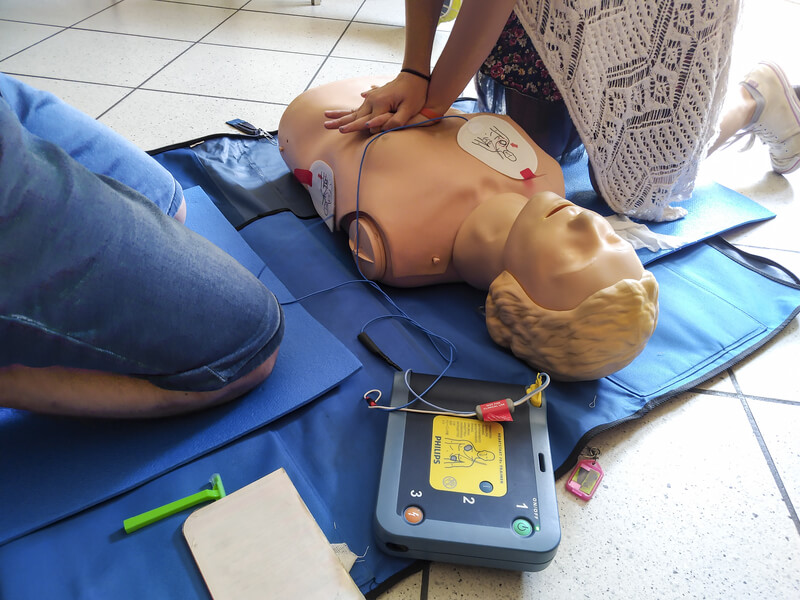
Photo 157499166 © Nikovfrmoto | Dreamstime.com
Consider undertaking training and education programs designed for carers so you can provide the best care possible. These programs can equip you with skills like first aid, medication management, and understanding specific health conditions like dementia, diabetes, or mobility impairments. Many local health services and community organisations offer this training.
Planning for the future

Photo 107140455 © Zimmytws | Dreamstime.com
Part of being a carer is planning for the future, which includes making legal and medical arrangements. This might involve setting up an enduring power of attorney, advanced care directives (e.g. end-of-life care), and understanding your family member’s wishes regarding their care.
Having these discussions early on can prevent potential stress and confusion later.
Utilising technology
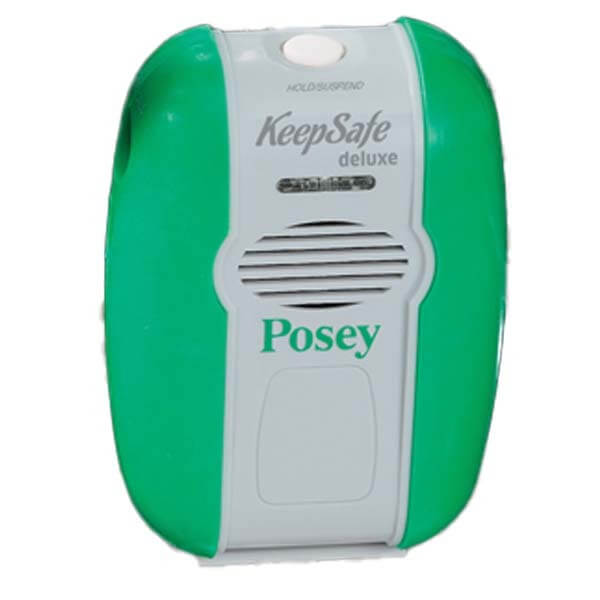
Advancements in technology have made it easier for carers to manage their responsibilities. Various technological solutions are designed to support carers, from telehealth services and medication management apps to home monitoring systems. Our product range includes some of these innovative tools to help you stay connected and organised.
Fall detection systems and medical alarms are also ideal for those with family members prone to falls or wandering out of the house. If your loved one falls off their bed, chair, or the toilet, you will be notified immediately by your fall detection system — alternatively, your loved one can call for help using their medical alarm.
Find the equipment you need to provide exceptional care and improve your loved one’s quality of life with Active Mobility
Becoming a carer for a family member in Australia is a significant commitment that can be both fulfilling and demanding. Understanding the role, navigating financial support, adapting your home environment, prioritising self-care, and seeking training and education are all critical steps to ensuring you provide the best possible care.
With the right support, you can create a safe, comfortable, and nurturing environment for both you and your family member. The team at Active Mobility is here to help with this; we have occupational therapists on hand who can prescribe the right equipment for your loved one’s needs, including mobility aids, home modification tools, and more.
Shop online or book a showroom appointment to connect with an experienced occupational therapist today!


